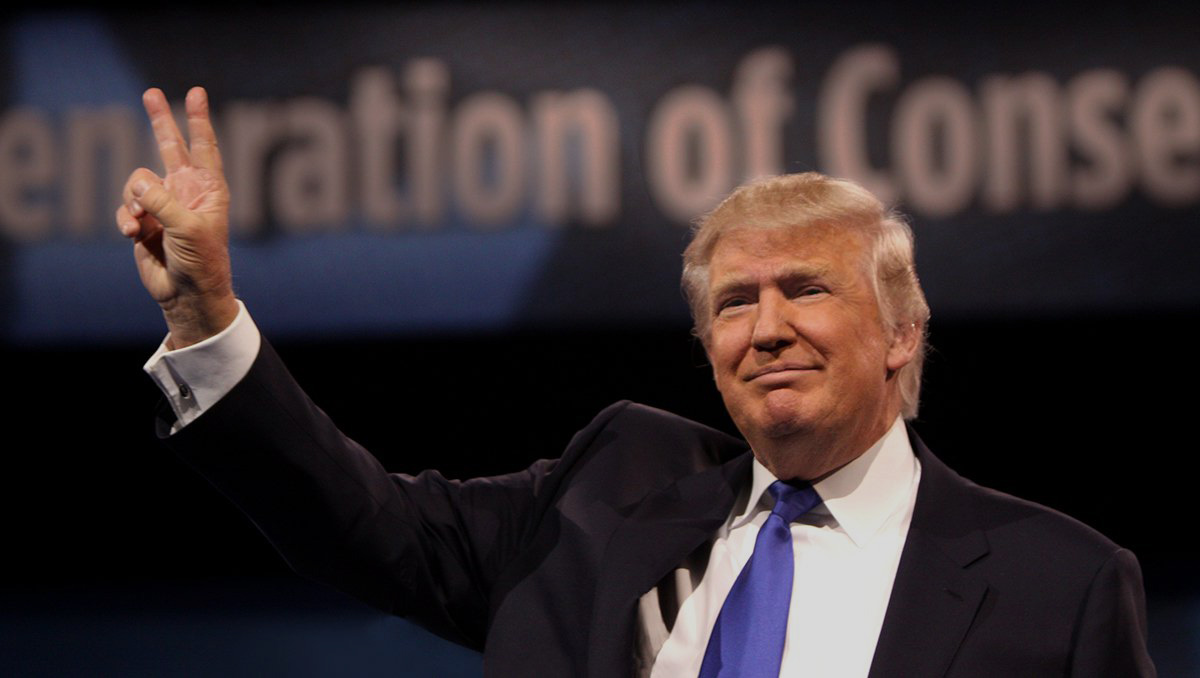Will Trump Kill Federal Overtime Rule?
Labor Department rule, stalled by judge, would raise pay for 187,000 Wisconsin workers.
Low-wage workers who are required to work long hours deserve the protection of federal overtime laws. Unfortunately, a long-awaited federal rule change that would have extended overtime benefits to almost one fourth of salaried Wisconsin workers has been blocked and its fate is now in the hands of the incoming Trump administration.
The new overtime rule approved by the Labor Department was scheduled to take effect on December 1, but a November 22 ruling by a district court judge in Texas put the rule in limbo. The judge’s injunction might enable the new president to kill the rule simply by not appealing that decision, rather than going through the lengthy rulemaking process that would otherwise be required to reverse or change the new rule.
The judge’s ruling maintains the current policy that says employers don’t have to pay overtime to salaried workers earning more than $23,660 per year ($455 per week) if they are classified in any of these three categories: executives, administrators, or professionals. For a family of four, that salary is $640 less than the current federal poverty level.
The Economic Policy Institute (EPI) explains how the current threshold harms workers with low salaries by exempting them from overtime rules:
“For example, an assistant manager at a fast-food restaurant with a salary of $24,000 and who spends 95% of his or her time cooking fries, running a cash register, and sweeping floors can be required to work 60 or 70 hours a week and yet be denied any overtime pay, simple because he’s classified as a manager. On the weeks he works more than 64 hours, his effective hourly wage is below the federal minimum wage of $7.25; workers who are exempt from overtime regulations are also exempt from minimum-wage regulations.”
The new rule that is now in limbo would have had the following effects:
- It would raise the overtime threshold to $47,476 a year, which would cover an additional 12.5 million salaried workers, including about 187,000 in Wisconsin.
- The increased threshold would cover 35% of full-time salaried workers, compared to just 7% now, but that would still be well below the 60% covered by the threshold back in 1975.
- The share of Wisconsin’s salaried workforce covered under the new threshold would increase to 27.1%, compared to just 5.5% now.
The district court judge in Texas who blocked the rule said in his ruling that the Labor Department lacks the authority to set a salary threshold below which workers must be covered by overtime. As Jared Bernstein explains in a recent blog post (The injunction against the overtime rule makes zero sense), the judge’s reasoning is very perplexing because the income threshold has been a key component of overtime law for more than 70 years. Reasonable people can disagree about whether the new threshold should be set at a level that covers 35% of salaried workers, but it’s alarming that a judge would question the appropriateness of having such a threshold.
In light of the support that the President-elect received from working class voters, many of whom would probably benefit from the overtime rule change, it will be very interesting to see if the Trump administration appeals the judge’s decision and backs up his claims of being a champion for workers. Many people seem to think he won’t appeal, and would prefer to let the policy change die a quiet death. If they are right, the incoming president will miss an excellent opportunity to demonstrate that he merits the support of low-wage workers.
Wisconsin Budget
-
Charting The Racial Disparities In State’s Prisons
 Nov 28th, 2021 by Tamarine Cornelius
Nov 28th, 2021 by Tamarine Cornelius
-
State’s $1 Billion Tax Cut Leaves Out 49% of Taxpayers
 Sep 21st, 2021 by Tamarine Cornelius
Sep 21st, 2021 by Tamarine Cornelius
-
TANF Program Serves a Fraction of Poor Families
 Aug 30th, 2021 by Jon Peacock
Aug 30th, 2021 by Jon Peacock






















Apparently the Economic Policy Institute misunderstands what jobs can be classified as exempt because that fast food assistant manager would not be exempt from overtime and thus their example is a violation of current employment law.
I understand the desire to raise the minimum salary level, and I can agree it should be adjusted because of inflation. However, 47k is rather excessive and is going to cause unintended consequences. This is either a calculated move, such as the “fight for 15” movement, knowing that by fighting for a stretch goal they can reach a lesser goal, or they just aren’t taking different factors into account.
http://www.elarbeethompson.com/media/article/don%E2%80%99t-get-burned-misclassifying-managers-under-flsa
“While claims alleging misclassification of managers have made headlines in the hospitality industry for years, it is still “business as usual” among today’s plaintiffs bar.”
AG, this article seems to show otherwise, that many people are classified as exempt while working as “fast food assistant managers”, it seems sometimes rightfully & sometimes not.
AG (post 1): Under current rules, that assistant fast-food manager would indeed be “exempt” (his employer would not have to pay overtime).
Here is an actual court case where an assistant manager at a DC-area Wendy’s sued for overtime and was denied by a federal court. He worked 4pm to 2am 5 shifts weekly for $29k/year.
He estimated (and his employer didn’t dispute) that he spent 75% of time doing “hourly” tasks (working the grill, registers, sweeping floors, etc). He had no authority to hire or fire and had no authority to authorize overtime.
He did have authority to send employees home early on slow nights (and was expected to do so), but when that happened, he replaced the missing worker (for which he received no additional pay).
The court ruled he was an “exempt” employee and not entitled to overtime pay.
http://md.findacase.com/research/wfrmDocViewer.aspx/xq/fac.20091116_0000562.DMD.htm/qx